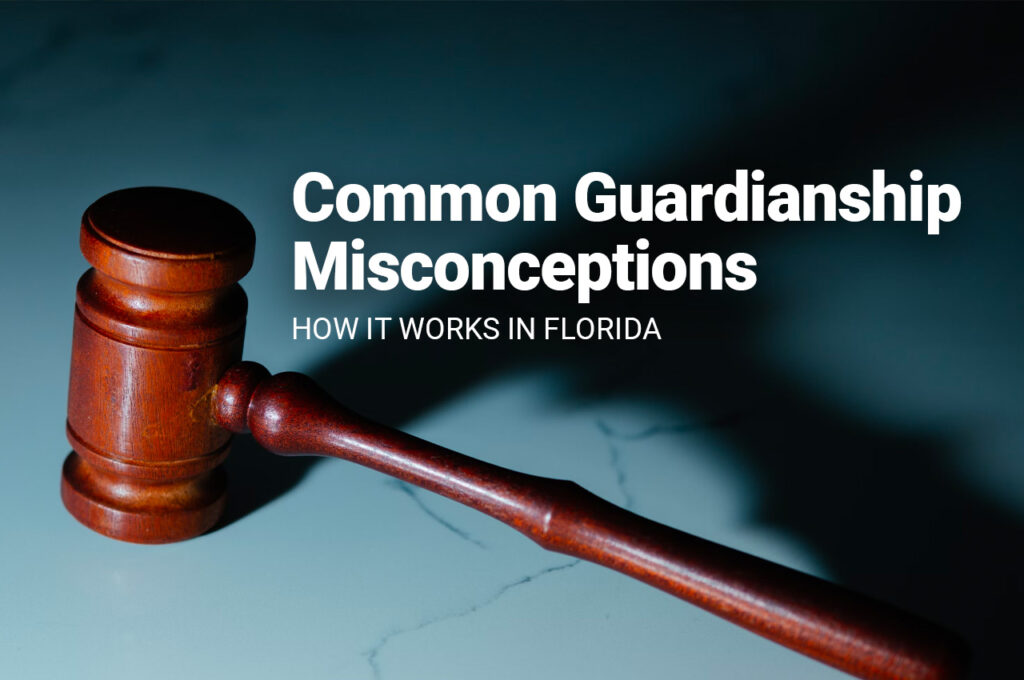Attorney Michelle Freeman, of Fleet, Smith & Freeman in Shalimar, Florida, sheds light on 10 common title defects that can pose challenges for property buyers in the state of Florida.
- These defects can lead to complications during property transactions and require additional steps to resolve.
Unsatisfied mortgages or unreleased liens:
When a mortgage is paid off but not properly recorded, it can cause problems when the bank merges or the mortgage is transferred.
“A good example of that is when you had a mortgage on the piece of property and it just didn’t get satisfied when you paid it off,” said Freeman. “We actually see that happen quite a bit.”
According to Freeman, this can be a problem when you have a bank that merges into another bank or the mortgage gets transferred somewhere.
- “Then you just have to go down this chain of trying to find the right person to get that done for you,” she added.
Outstanding liens or unknown encumbrances:
This can include a Mechanic’s lien or Notices of Commencement that were not properly satisfied, requiring the contractor to sign the necessary documents to resolve the issue.
Freeman explains, “The issue that we have with that one is trying to find the contractor and track them down because they stay pretty busy and we need them to sign the appropriate documents to get that taken care of.”
Errors in prior deeds:
The most common error is an incorrect legal description, which can lead to a quiet title action to clarify the interests of prior owners.
According to Freeman, “When you have a legal description that was wrong, you can’t insure a title appropriately. You’ve either given away less than what you had or maybe more than what you had. And then it requires a quiet title action to make sure the interests of prior owners were appropriately satisfied.”
Restrictive covenants that restrict the use of the property:
Examples include Covenants and Restrictions in homeowner or condo associations, such as setbacks or prohibited structures that must be addressed before clear title can be provided.
For example, in a homeowner’s association or a condo association, you could have certain restrictions that come with living in that association.
- “Maybe you had a setback and you built a driveway over it, or you put a shed there, those things have to be fixed before you can provide a clear title to the next,” she added.
Outstanding real estate taxes:
When taxes are not paid, a tax certificate can be issued and the property may be sold after two years, creating problems for the rightful owner.
Freeman explains, “Sometimes we see that it’s in that process already and we have to kind of backtrack to get that taken care of, or you’ve already gone past it, and then you have a real problem with actually being able to sell that piece of property that you thought you owned.”
Errors in the public record:
This can include issues arising from divorce decrees that incorrectly describe which party gets which property.
“Let’s say the wife gets one piece of property and the husband gets another, and then maybe they were mixed up,” explained Freeman. “The husband goes to sell what he believes is his piece of property, but it was actually deeded to his wife. Usually those parties still aren’t getting along and so getting them to cooperate in that process can be quite difficult.”
Illegal or “wild” deeds:
These are deeds that are transferred improperly, often due to incorrect legal descriptions or lot numbers, and may require a quiet title action to fix.
“We see illegal or ‘wild’ deeds where people just accidentally sometimes transfer a piece of property they don’t own,” states Freeman. “They get the legal description incorrect or maybe the lot number, and then we’ve got this wild deed hanging out there that has to be fixed.”
Freeman added that sometimes a Title Insurer will allow you to make the necessary change in the legal description in order to move forward, but then there are times that it’s worse than that, and you have to do a quiet title action.
Missing heirs:
This can occur when a property owner dies and their heirs are not properly identified or located, making it difficult to transfer the property.
“Missing heirs pops up usually when we get a title search back and we see that there’s a deceased owner and then the heirs are not properly listed on the deed,” said Freeman. “We have to go and try to find those heirs and sometimes they’re not easy to find.”
Forgeries or Fraudulent Transfers:
Forgeries or Fraudulent Transfers is, unfortunately, something Freeman and her team see a lot of in the state of Florida.
- This is especially true with vacant properties that are owned by elderly people who aren’t necessarily paying attention to what’s happening to the property or going to check on it often.
“People have gotten smart, unfortunately, and they find a way to sell those pieces of property or they forge a document to do it under the actual legal owner’s name,” said Freeman. “That takes a lot of work to undo that when you’re going forward and you still think that you own that piece of property.”
Boundary or survey dispute:
Let’s say you receive a survey for the purpose of selling your piece of property, only to realize that the neighbor’s driveway is over the line or maybe their fence is over the line. Now, there is an issue that needs to be resolved.
“You have to take the steps to communicate with that neighbor to make sure that they either move that driveway or fence, or that you come to some sort of agreement of how that’s going to work going forward.”
While there are hundreds of different types of title defects here in the state of Florida, these are the Top 10 that Freeman sees most often.
“That’s why using a law firm is so important for your closing transaction because as these issues come up, we can handle them in-house,” she added.
For more information about help with Title Defects, please feel free to reach out to Fleet, Smith & Freeman in Shalimar at 850-651-4006 or https://www.fleetsmithlaw.com.





